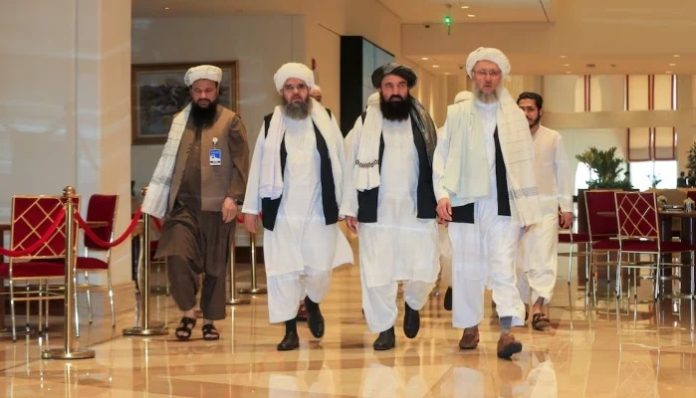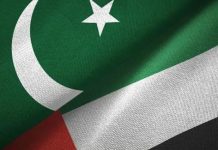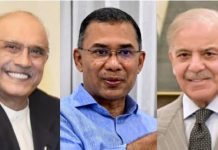DNA
ISLAMABAD: Pakistan has decided to participate in the United Nations-hosted talks on Afghanistan in the Qatari capital scheduled for this weekend.
Earlier this month, Taliban authorities also confirmed their participation in the third round of the Doha talks scheduled to start on June 30, a Taliban spokesperson had told AFP after snubbing an invitation to the previous round.
The sources said Pakistan’s Special Representative on Afghanistan Asif Durrani and Ahmad Naseem Warraich, assistant secretary for West Asia in the Ministry of Foreign Affairs, will represent Pakistan in the talks.
It should be noted that Pakistan has times and again requested the Taliban government to stop cross-border terrorism from Afghanistan into Pakistan by preventing its territory from being used by the Tehreek-e-Taliban Pakistan (TTP) and other terrorist groups.
The diplomatic sources said the Afghan Taliban’s interim government had boycotted the second Doha talks of 2024 over the participation of women and civil society representatives.
It would be the first time that Afghanistan’s interim administration will sit face to face with special representatives on Afghanistan from different parts of the world, they maintained.
The sources said prior to the Doha talks, the United Nations held consultations with representatives of the Afghan civil society present inside and outside Afghanistan.
After completion of the talks, representatives of the civil society members and women would hold discussion with the special representatives on Afghanistan on July 2.
“In the third Doha talks, progress on recognising the Afghan Taliban and Afghanistan’s interim government is out of the question,” the diplomatic sources added.
Restrictions on women’s rights continue to prevent Afghanistan’s “reintegration” into the international community, a senior UN official said on June 21, noting the Taliban’s participation in upcoming talks in Doha is not legitimisation of the isolated government.
Since their 2021 return to power, Taliban authorities have not been formally recognised by any nation.
Restrictions on women and girls, particularly in education, “deprive the country of vital human capital” and lead to a brain drain that undermines the impoverished country’s future, Roza Otunbayeva, head of the UN mission in the country, UNAMA, told the UN Security Council.

















